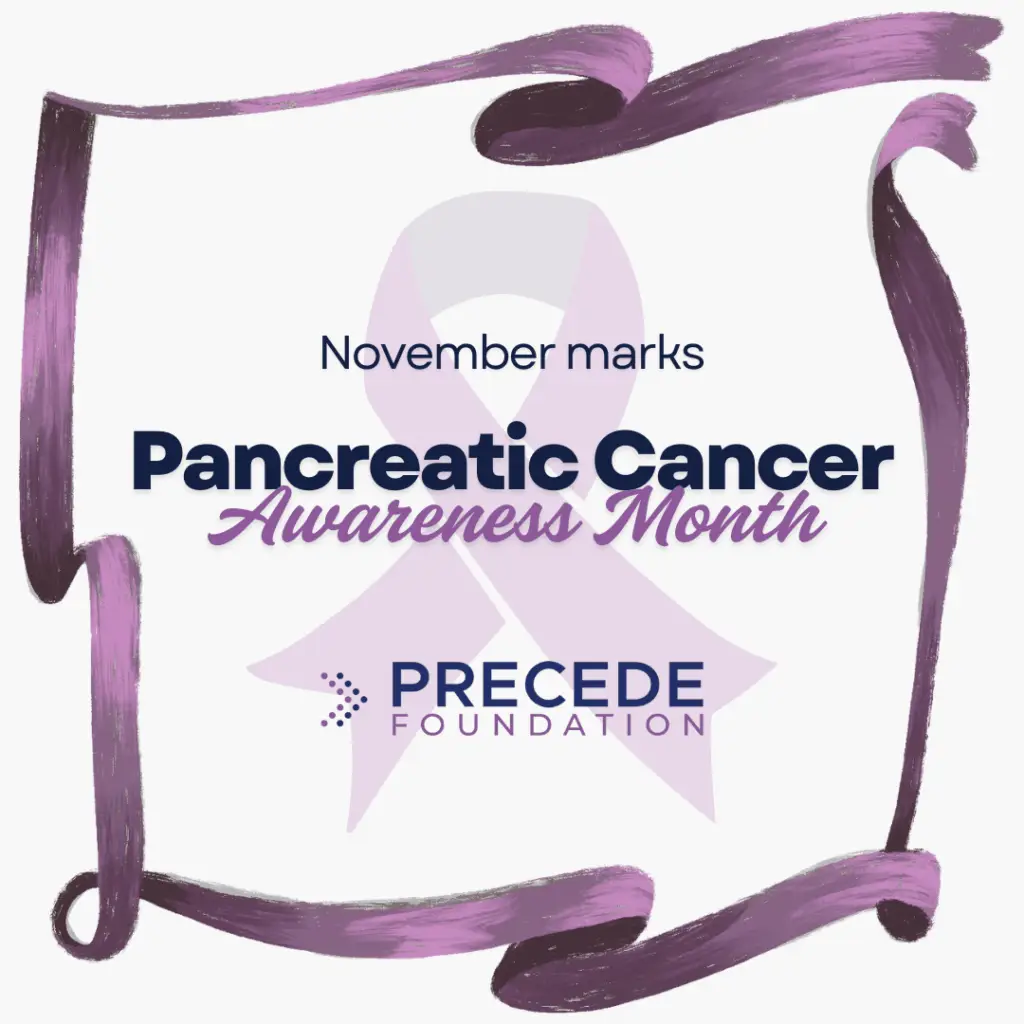The pancreas is a gland that is part of the digestive system. It is crucial for the absorption of vitamins and nutrients which support the liver, kidneys, nervous system, and cardiovascular system. It plays an incredibly important role in overall health and we need more research to better understand it.
Do Clinical Trials Help With Pancreatic Cancer?
Every treatment available for pancreatic cancer today was approved through a clinical trial. These trials not only lead to the improvement of future treatments but also contribute to the advancement of medical knowledge.
- Pancreatic Cancer Treatment Challenges
1 in every 13 cancer deaths in the U.S. is a pancreatic cancer death and about 70% of patients die within 1 year of diagnosis. Pancreatic cancer is hard to diagnose. 3 in 5 people are diagnosed at an advanced stage since it takes time to present any symptoms and is often untreatable once detected.
As of now, surgery offers the best chance of treating pancreatic cancer. However, cancer cells have a tendency to spread quickly, making surgical removal of all cancer cells difficult. Most patients are diagnosed at later stages and are not eligible for surgery.
- Limitations Of Current Treatments
Pancreatic cancer is one of the deadliest types of cancer to treat. The current standard treatment for pancreatic cancer includes surgery, radiation therapy, and chemotherapy. However, these treatments have limitations.
- Importance Of Clinical Trials In Developing New Treatments
The development of revolutionary pancreatic cancer treatments relies on clinical trials. Clinical trials are vital for the discovery of novel therapies that may one day treat pancreatic cancer.
They give the patient the opportunity to receive new treatments which may be more efficient than the ones they are now receiving. Patients that actually participate in clinical trials also advance medical research and help create new treatments for patients in the future.
It is strongly advised for individuals with pancreatic cancer to take part in clinical trials and for those at elevated risk to be screened. Screening is the gateway to ensuring that you are doing everything possible to mitigate your risk and will also help patients to access clinical trials. Through their involvement in these trials, patients can receive careful observation and potentially access the latest early detection methods and treatments, which could result in improved outcomes.
How To Donate To Cancer Research?
There is no simple screening test or other early detection tools for the disease, and its earliest symptoms are non-specific.
Developing early detection tools and tests for pancreatic cancer are urgently needed. Our life-saving studies and research programs will”
1) Improve early detection.
2) Screening.
3) Risk modeling.
4) Early, successful treatment for those with a heritable risk for pancreatic cancer.
With your help and donations, our research and data sharing can change the outcomes for patients diagnosed with pancreatic cancer. Giving is not just about making a donation, it’s about making a difference.
At TrovaNOW, our mission is to raise funding for collaborative research for early detection and prevention – with the aim of increasing the 5-year survival rate from 12% to 50% within the next 10 years.
If you have any questions or want more information just email us at trovanow@gmail.com or visit http://trovanow.com to learn how you can get involved and donate today.






